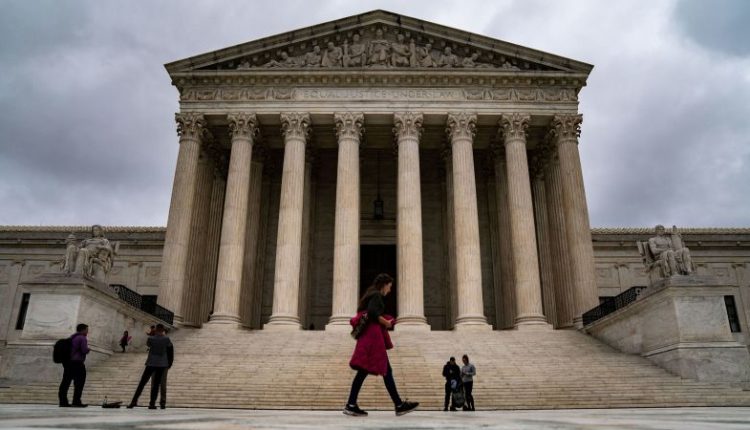The Supreme Court declined on Monday to take up an appeal from an anti-abortion group known for releasing secretly recorded footage of abortion providers, leaving in place a lower court ruling that went in favor of Planned Parenthood.
The anti-abortion group had argued that its actions were protected by the First Amendment and sought to reverse millions of dollars in damages awarded to the abortion providers.
The case involved David Daleiden, a longtime anti-abortion activist who partnered with other like-minded activists, Troy Newman and Albin Rhomberg, to start a group called the Center for Medical Progress, meant to infiltrate organizations like Planned Parenthood.
According to court papers, they created a tissue procurement company they called BioMax. Such companies obtain human tissue samples, including fetal tissue, and provide them to medical researchers.
Although the company had a website and promotional materials, it was not involved in any business activity. Daleiden, using a false name, posed as the company’s procurement manager and vice president of operations.
According to court papers, employees used fake driver’s licenses and other means to infiltrate conferences that Planned Parenthood hosted or attended, and they arranged and attended lunch meetings and with Planned Parenthood staff, visiting health clinics. During these meetings, they recorded Planned Parenthood staff without their consent over a year and a half and then released on the internet edited videos of the conversations.
Planned Parenthood brought suit in January 2016 asking for monetary damages and other relief.
A district court ruled in favor of Planned Parenthood and awarded the group statutory, compensatory and punitive damages.
A panel of judges on the 9th circuit agreed that the damages were allowed under the First Amendment but rejected the claim under the Federal Wiretap Act.
“The First Amendment right to gather news within legal bounds does not exempt journalists from thaws of general applicability,” the court held.
“The First Amendment is not a license to trespass, to steal or to intrude by electronic means into the precincts of another’s home or office,” the court said in its opinion.
Read the full article here

